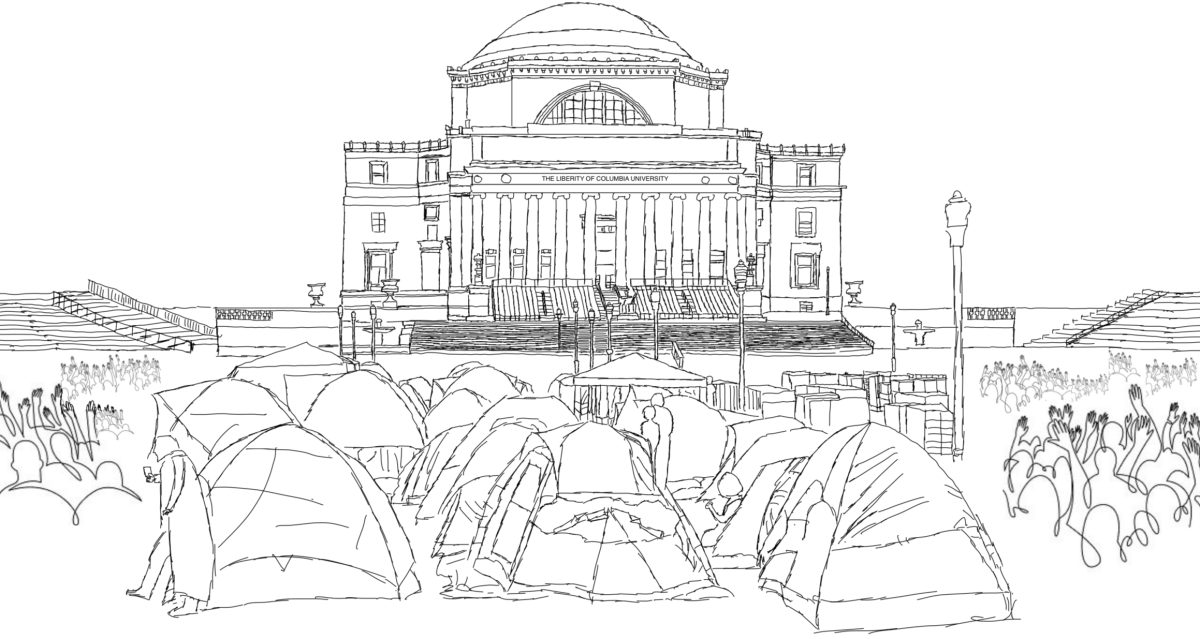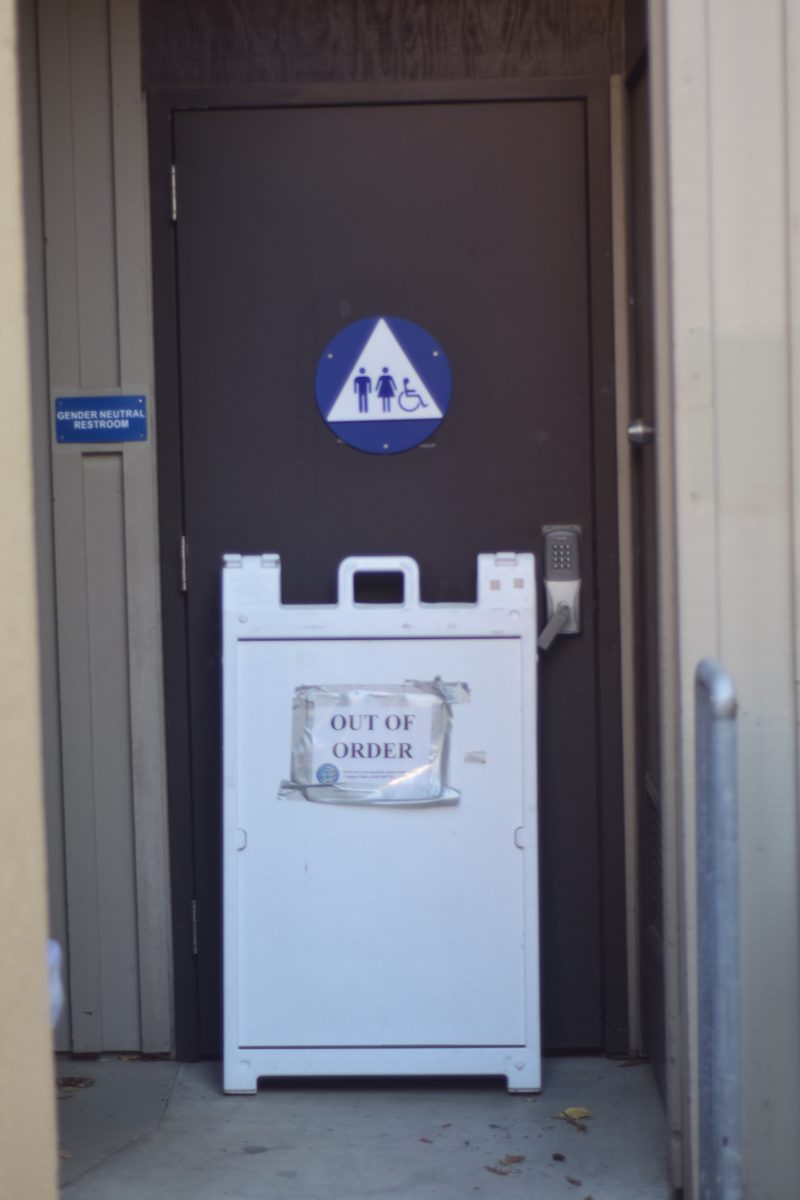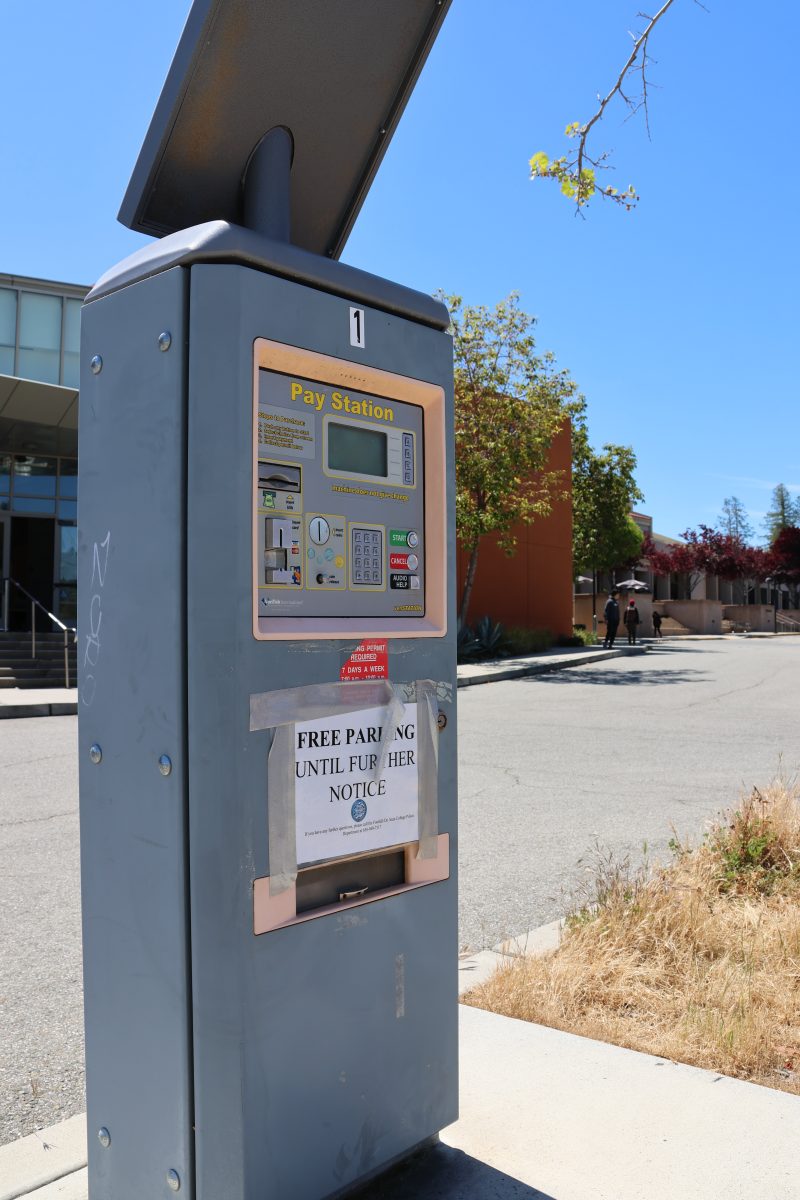As educated populations of Latino youth will soon be old enough to vote, the Tucson, Ariz. school district decided to ban ethnic and Mexican American studies in retaliation for a loss of right-wing political power.
Anti-Latino sentiment in Arizona is old news. A few years ago Arizona passed the Support Our Law Enforcement and Safe Neighborhoods Act (SB 1070), which has encouraged the police to racially profile Latino immigrants.
The federal government is now challenging the law in the U.S. Supreme Court. Many Arizonans, however, blame the Latino population for stealing their jobs as this demographic continues to grow.
“Latino and Chicano students are 62 percent of the student body in Tuscon and within fiveyears will make up 70 percent,” Richard Martinez, an attorney representing teachers, said on the radio program Democracy Now!
According to Martinez, Tuscon’s multicultural program has helped to close the achievement gap for Latino students. While only one in two Latino students graduate from high school in Arizona, the acclaimed Mexican American studies program saw three out of every four of their students graduating.
Through the loss of this program we can expect the high school graduation, and college admission rate of Latinos in Tuscon to drop.
The loss has also sparked a wave of youth political activism, and may act as a catalyst to revolutionize students who would not have otherwise been politically active. Opponents of the ban call it a violation of the First Amendment right of freedom of speech. Activists have held protests and sent copies of the banned books to students who can not afford their own. Students have also formed reading groups to read the banned literature together.
“[These classes are] not just about the books but about opening students’ eyes to a large political problem that we’re seeing in the United States more and more,” said De Anza instructor Paula Silva, who teaches a reader of the banned literature in her English writing class, along with instructors Marc Coronado and Alex Giardino.
Coronado said the literature has already been part of her teaching.
“I think what we are doing differently this quarter is teaching them in a unique context which is the historical moment going on right now,” Coronado said.
“There’s been a real outcry by the Chicano and Latino authors who weren’t on the list. Authors are asking, ‘Why wasn’t I on the list? I want to be on that list.’ . . . [It’s become a] source of pride to say ‘my book is so important that it scares this group of people.'”
The Arizona Latino community is still a long way from recovering from the loss of their multicultural studies program. But instead of inhibiting the education of Mexican Americans in Arizona, the banning of the Mexican American studies program has created a reason for the youth to become more politically involved.








